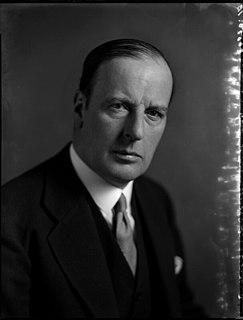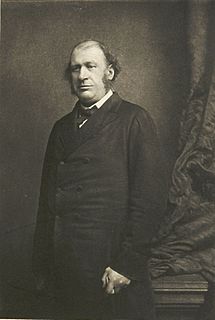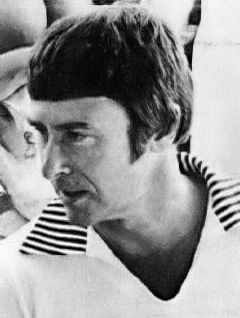A Quote by Albert Einstein
... we will hope that future historians will explain the morbid symptoms of present-day society as the childhood ailments of an aspiring humanity, due entirely to the excessive speed at which civilization was advancing.
Related Quotes
There can be no doubt that the young of today have to be protected against certain poisonous effects inherent in present-day civilization. Five social diseases surround them, even in early childhood. There is the decline in fitness due to modern methods of locomotion; the decline in initiative due to the widespread disease of spectatoritis; the decline in care and skill due to the weakened tradition of craftsmanship; the decline in self-discipline due to the ever-present availability of tranquilizers and stimulants, and the decline in compassion, which William Temple called "spiritual death.
You know, and I know, the cause of this accident. It is due to the adventurous, pioneering spirit of our race. It has been like in the past, it is like that in the present, and I hope it will be in the future. Here is a great imaginative project, to build a machine with twice the speed and twice the height of any existing machine in the world. We all went into it with our eyes wide open. We were conscious of the dangers that were lurking in the unknown. We did not know what fate was going to hold out for us in the future.
Used with due abstinence, hope acts as a healthful tonic; intemperately indulged, as an enervating opiate. The visions of future triumph, which at first animate exertion, if dwelt upon too intently, will usurp the place of the stern reality; and, noble objects will be contemplated, not for their own inherent worth, but on account of the day-dreams they engender. Thus hope, aided by imagination, makes one man a hero, another a somnambulist, and a third a lunatic; while it renders them all enthusiasts.
All our language about the future ... is like a set of signposts pointing into a bright mist ... the New Testament image of the future hope of the whole cosmos, grounded in the resurrection of Jesus, gives as coherent a picture as we need or could have of the future that is promised to the whole world, a future in which, under the sovereign and wise rule of the creator God, decay and death will be done away with and a new creation born, to which the present one will stand as mother to child.
I am among those who believe that our Western civilization is on its way to perishing. It has many commendable qualities, most of which it has borrowed from the Christian ethic, but it lacks the element of moral wisdom that would give it permanence. Future historians will record that we of the twentieth century had intelligence enough to create a great civilization but not the moral wisdom to preserve it.
...our societies appear to be intent on immediate consumption rather than on investment for the future. We are piling up enormous debts and exploiting the natural environment in a manner which suggests that we have no real sense of any worthwhile future. Just as a society which believes in the future saves in the present in order to invest in the future, so a society without belief spends everything now and piles up debts for future generations to settle. "Spend now and someone else will pay later."
Hope? Hope is not the absence of tragedy, my friend. It is the conviction that tragedy can be endured. Hope is the spark in you that is not subdued in the face of the vast and callous indifference of the universe. Hope is that which is not shattered by hardship. Hope is the urge to fight what is wrong even when you know it will destroy you. Hope is the decision to love and need someone knowing that they will one day die. For me to promise that there are no obstacles would be the cruelest lie I could possibly tell. That lie is not hope. Hope is the will which needs no lies.
We are living in a culture entirely hypnotized by the illusion of time, in which the so-called present moment is felt as nothing but an infinitesimal hairline between a causative past and an absorbingly important future. We have no present. Our consciousness is almost completely preoccupied with memory and expectation. We do not realize that there never was, is, nor will be any other experience than present experience. We are therefore out of touch with reality.
My experiences of men has neither disposed me to think worse of them nor be indisposed to serve them: nor, in spite of failures which I lament, of errors which I now see and acknowledge, or the present aspect of affairs, do I despair of the future. The truth is this: The march of Providence is so slow and our desires so impatient; the work of progress so immense and our means of aiding it so feeble; the life of humanity is so long, that of the individual so brief, that we often see only the ebb of the advancing wave and are thus discouraged. It is history that teaches us to hope.




































